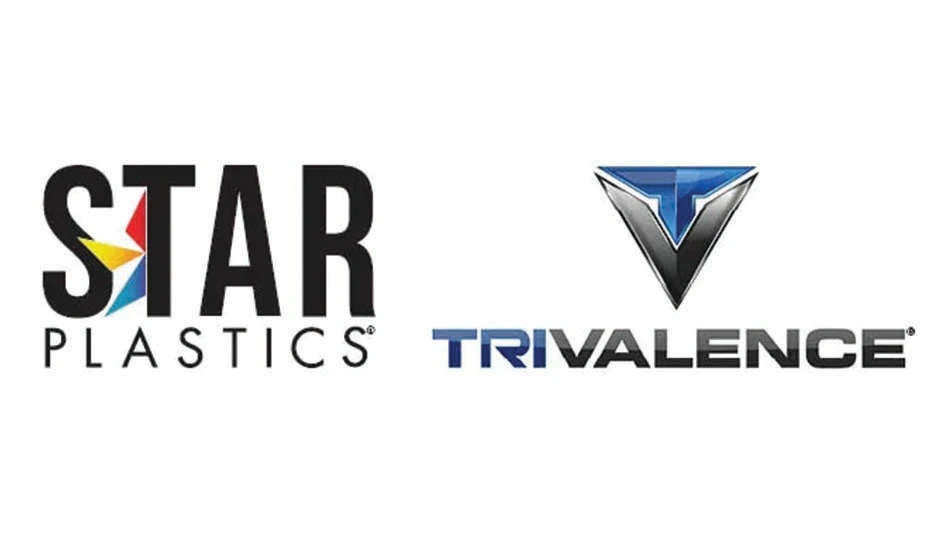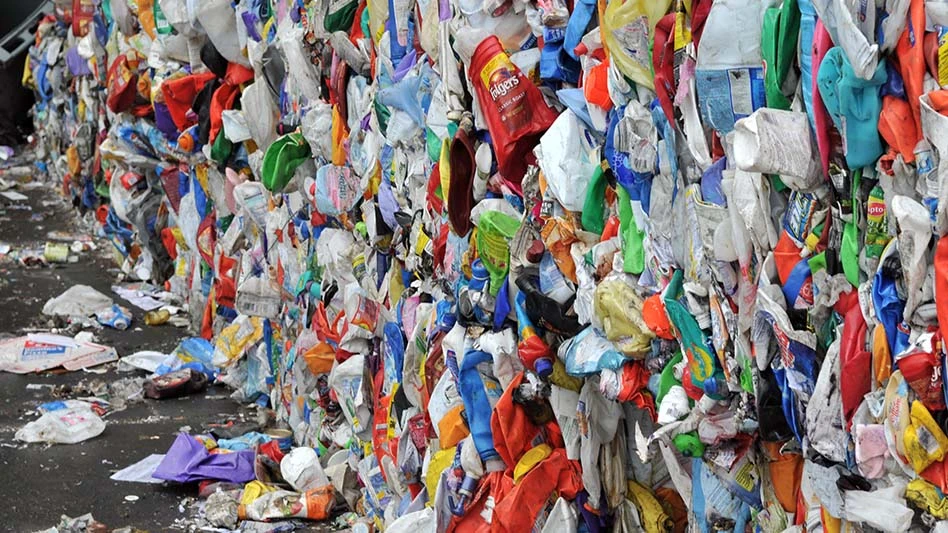The Washington-based Institute of Scrap Recycling Industries (ISRI) has released the final results of its “Mixed Waste Processing & Desirability of Recovered Paper Market Survey” report, which finds that paper mill buyers perceive scrap paper generated by mixed waste processing facilities (dirty MRFs) to be “generally deemed unusable by pulp and paper mills.”
According to ISRI, the report indicates that these perceptions are based on the fibers’ close encounters with organic and putrescible waste that causes the material to become susceptible to a host of undesirable quality issues.
Through the survey, ISRI found that 25 percent of the respondents purchased paper from dirty MRFs, and 70 percent of those purchasers found the quality of paper “to be worse than other recovered paper.” Because of this experience, 90 percent of those purchasers have had to reject or downgrade mixed-waste recovered paper at a higher rate than recovered paper from regular MRFs (material recovery facilities). None of the participants used dirty MRFs as their majority material supplier, according to the report.
The primary reasons listed by participants as to why they would not purchase paper from dirty MRFs are:
- contamination;
- odor;
- low quality;
- higher than acceptable percentages of prohibitives and outthrows;
- internal quality standards;
- fear of risk;
- excessive moisture;
- concern for customer needs;
- regulatory concerns; and
- lack of availability in geographic area.
“In communities across the country, we have seen one-bin systems continually fail,” says ISRI President Robin Wiener. “This report provides hard data as to why, and that is because where mixed-waste processing is used, the recycling of paper is significantly diminished, both in quality and quantity. There is little, if any, market for such paper. Communities that are still debating between one-bin and dual-stream operations can now better make an informed decision.”
ISRI says the study was conducted in the form of an online survey administered during the second and third week of January 2016 to members of the industry with prior knowledge and history with dirty MRFs. A copy can be requested here.
Get curated news on YOUR industry.
Enter your email to receive our newsletters.
Latest from Recycling Today
- Toyota-Tsusho completes acquisition of Radius Recycling
- CATL, Ellen MacArthur Foundation aim to accelerate circular battery economy
- Commentary: Expanded polystyrene: 98 percent air, 2 percent plastic, 100 percent misunderstood
- AMCS appoints general manager for North America
- How tariffs, regulations affect LIBs recycling in US, EU
- Schwan Cosmetics introduces packaging free of styrene, ABS
- Aimplas coordinates EU project focused on solar panel circularity
- Fresh Perspective: Brandon Sacca






